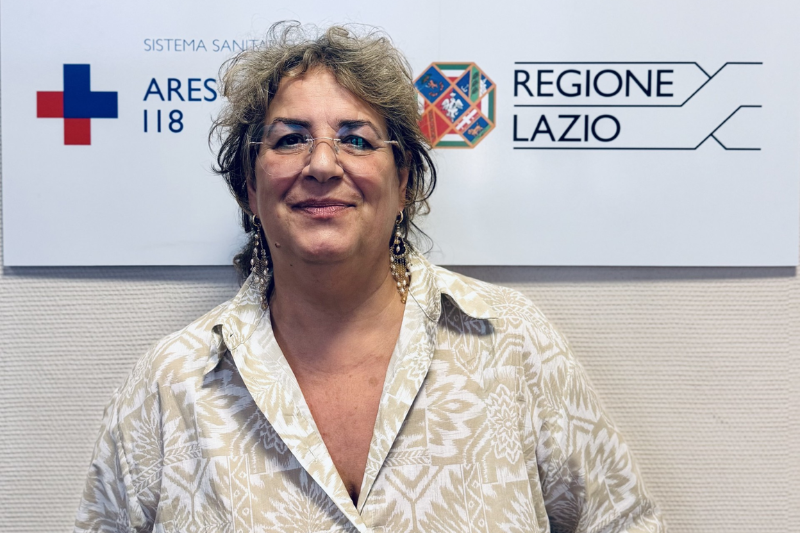Voices from the Jubilee of Youth 2025: The Advanced Medical Post

Interview with Lucia De Vito, Director of the 118 Emergency Operations Center in Rome, Director of the ARES 118 Emergency Health Department, and Head of Health Protection for all events during the Jubilee Year.
To provide effective medical assistance and emergency care for participants in the Youth Jubilee, the emergency medical system has created a tailored health plan for the event. This plan includes several measures, including the setting up of eleven Advanced Medical Posts.
What services does an Advanced Medical Post offer?
The Advanced Medical Post is a temporary healthcare facility activated during major emergencies to provide immediate assistance to a large number of people. When someone arrives at the medical post, they undergo a process called triage, which helps determine the priority for medical intervention. Based on this assessment, patients either receive initial treatment on-site or are transferred to hospitals, following a colour-coded protocol to guide these decisions. These facilities are staffed by personnel specially trained to handle large-scale emergencies and can be set up in temporary locations, such as tents for events like the Youth Jubilee, or in existing healthcare venues that are not directly affected by the emergency. In cases of significant incidents, the medical post serves a dual purpose: it provides immediate medical assistance and helps reduce the burden on hospitals by preventing unnecessary admissions, playing a crucial role in determining which patients need hospital care.
Who works in an advanced medical post, and what skills are required for these positions?
The medical post employs doctors and nurses who are used to working in emergencies daily. They receive specialized training for large-scale emergencies and events, such as the incident that occurred in Tor Vergata on August 2-3. In addition to healthcare personnel, the medical post also employs technical staff. Each medical post is equipped with ambulances for transportation and personnel who manage the logistics of the field facility, which includes assembly, maintenance, and daily operations. This work is highly coordinated and specialized, essential for ensuring the smooth operation of the field facility. Staff members must be able to act quickly in complex environments while maintaining high standards of safety and care, even under challenging logistical conditions and with a potentially large and diverse user base.
How do you plan to approach the Jubilee experience, and what are your expectations for managing this event?
The Youth Jubilee represents an important challenge but also a great professional opportunity for all of us. We have been preparing for almost two years, working closely with all the other emergency services, including the Fire Department, the National Civil Protection Service, regional and metropolitan civil protection agencies, and the police. Thanks to this synergy, built up through numerous preparatory meetings, we have created a solid and cohesive response network, which certainly enriches our daily work. From a healthcare perspective, despite dealing with young people, our main concern is exposure to high temperatures. The greatest risk is linked to the heat: we expect cases of dehydration or fainting typical of the summer period, but we are ready to deal with any type of intervention, even if these other eventualities are certainly minor compared to the problems associated with the heat.